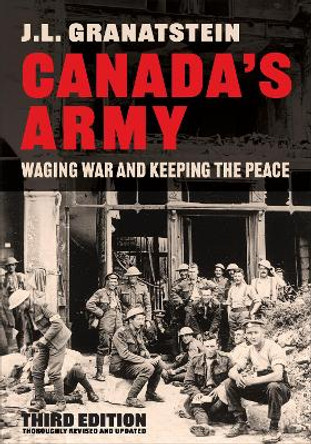Description
As the U.S. experience in Iraq following the 2003 invasion made abundantly clear, failure to properly plan for risks associated with postconflict stabilization and reconstruction can have a devastating impact on the overall success of a military mission. In Waging War, Planning Peace, Aaron Rapport investigates how U.S. presidents and their senior advisers have managed vital noncombat activities while the nation is in the midst of fighting or preparing to fight major wars. He argues that research from psychology-specifically, construal level theory-can help explain how individuals reason about the costs of postconflict noncombat operations that they perceive as lying in the distant future.In addition to preparations for "Phase IV" in the lead-up to the Iraq War, Rapport looks at the occupation of Germany after World War II, the planned occupation of North Korea in 1950, and noncombat operations in Vietnam in 1964 and 1965. Applying his insights to these cases, he finds that civilian and military planners tend to think about near-term tasks in concrete terms, seriously assessing the feasibility of the means they plan to employ to secure valued ends. For tasks they perceive as further removed in time, they tend to focus more on the desirability of the overarching goals they are pursuing rather than the potential costs, risks, and challenges associated with the means necessary to achieve these goals. Construal level theory, Rapport contends, provides a coherent explanation of how a strategic disconnect can occur. It can also show postwar planners how to avoid such perilous missteps.
About the Author
Aaron Rapport is Lecturer in the Department of Politics and International Studies, University of Cambridge.
Reviews
"Noncombat operations are central to present and future American foreign policy objectives. Aaron Rapport argues persuasively that construal level theory explains varied assessments of noncombat military operations in four different cases: Germany, Korea, Vietnam, and Iraq. These intrinsically interesting case studies raise important issues relevant to current policy." -- James McAllister, Williams College, author of No Exit: America and the German Problem, 1943-1954
"This is an important and original book that addresses the contingencies of policy failures and successes of the critical stage of noncombat operations in the strategic cycle of military interventions. The theoretical explanation draws on and is rooted in construal level theory from psychology. Aaron Rapport empirically tests this theory against a well-designed, robust set of case histories. This volume should not be missed by scholars and practitioners who are interested and engaged in military policy planning." -- Yaacov Y. I. Vertzberger, The Hebrew University of Jerusalem
"Why is the United States often unprepared for the peace that inevitably follows war? Why are its ambitious plans for the political reconstruction or transformation of defeated countries not matched by adequate planning? Aaron Rapport's intriguing answer, well grounded in theory and history, is essential reading for analysts of decision making and of American foreign policy." -- Jack S. Levy, Board of Governors' Professor, Rutgers University
Book Information
ISBN 9780801456619
Author Aaron Rapport
Format Paperback
Page Count 280
Imprint Cornell University Press
Publisher Cornell University Press
Weight(grams) 454g
Dimensions(mm) 235mm * 155mm * 18mm









